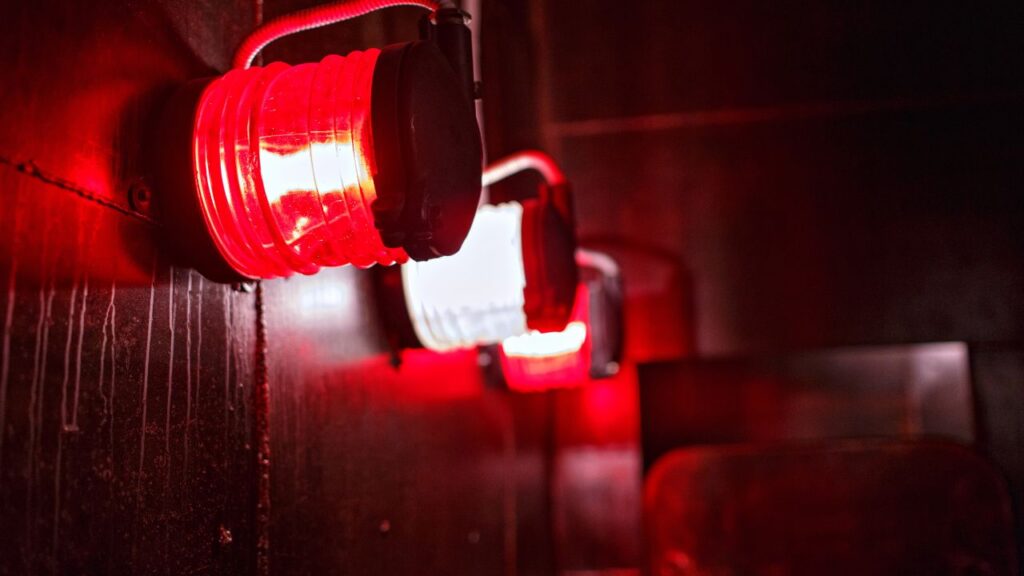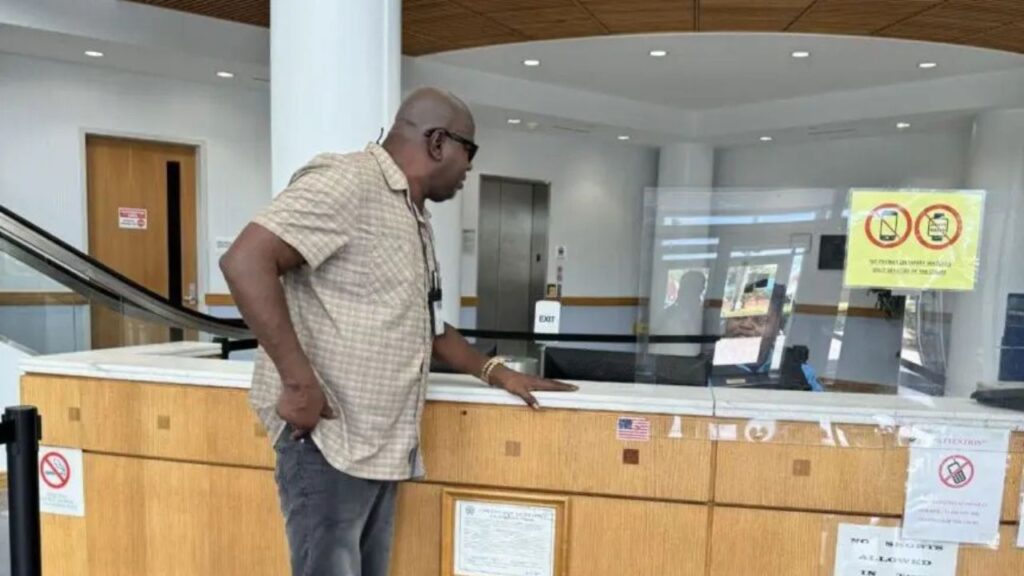When you or a loved one is released on bail after being charged with a crime, there are specific bail conditions you need to follow. At Ron Owens Bail Bonds, we often hear from families who aren’t sure what happens after release. Here’s what you need to know about your responsibilities and the common conditions of bail.
Release Conditions: Understanding Your Obligations
Once the court sets bail and you’re released from custody, you’ll receive important paperwork called a recognizance. This document lists all your conditions of release – the rules you must follow while out on bail.
“You have to do what the system tells you to do until the court releases you off of that responsibility,” explains Doris Owens of Ron Owens Bail Bonds. “If they don’t do that, you are still being held liable. Your bond could be revoked, and you could return to jail.”
Basic Bail Conditions Every Defendant Must Follow
When a defendant is released from custody, these are some standard conditions that the court may require:
- You cannot leave the state without permission from the court
- Depending on your case, you may be restricted from having weapons
- You might be prohibited from contacting certain people
- Some cases require wearing a monitor
- You may be restricted from entering certain areas (known as “red zones”)
Understanding Red Zones and Area Restrictions
A unique condition of pretrial release in our area involves “red zones”—specific areas the court may prohibit you from entering. As Doris explains, “A red zone is a bad area, like a drug area or just a bad area that contains a lot of drug sellers.”
The city defines these zones, and if they apply to your case, you’ll receive specific boundaries – for example, “from 25th to 35th street.” If you’re found in a restricted zone, you can be arrested and your bail revoked.

Court Appearances: Your Most Important Responsibility
The most critical condition of your bail is appearing for all court dates. “You cannot be released unless you have a court date,” Doris emphasizes. “If you don’t appear when that judge tells you to appear, that’s when you get a warrant for your arrest.”
What happens if you miss court? The judge will issue what’s called a KPS (failure to appear), leading to:
- A warrant for your arrest
- Potential revocation of your bond
- New criminal charges
- Possible denial of future bail
What To Do If You Miss a Court Date
While about 90-93% of our clients make their court appearances, we understand emergencies happen. If you miss court, you have two options:
- Turn yourself in (recommended)
- Wait to be arrested
“It’s better for you to turn yourself in,” Doris advises. “It looks better on your record, and your chances of getting a bond is better. If they have to come and get you, that looks bad. It’s like you were on the run, and you just did not respect the courts.”
Understanding the Role of Your Indemnitor
If someone signed for your bail bond (your indemnitor), they have specific responsibilities, too. As Doris explains, “It’s just like you cosigning for a loan. You’re (the indemnitor) held liable for whatever the amount of this bond is.”
The indemnitor’s primary responsibility is ensuring the defendant appears in court. If the defendant misses court, the indemnitor could be responsible for the entire bail amount.

Tips for Successfully Meeting Your Bail Conditions
- Keep all your paperwork in a safe place
- Mark your court dates on a calendar
- Arrange transportation to court in advance
- Stay in contact with your bail bondsman
- Ask questions if you’re unsure about any conditions
Getting Help With Your Bail Conditions
Understanding and following your bail conditions can feel overwhelming, but you don’t have to figure it out alone. At Ron Owens Bail Bonds, we’re here to help explain your obligations and answer any questions about your release conditions.
Have questions about bail conditions or need help with a bail bond? Contact Ron Owens Bail Bonds at 757-850-1800. We’re available 24/7 to assist you and your family.
Frequently Asked Questions About Bail Conditions
What happens if I need to leave the state while out on bail?
You must get permission from the court before leaving Virginia. Talk to your defense attorney or pretrial services about the process.
How will I know exactly where red zones are?
If your case includes red zone restrictions, you’ll receive specific boundaries or a map showing restricted areas.
What if I can’t make my court date due to an emergency?
Contact your bail bondsman and defense attorney immediately. Don’t wait until after the court date has passed.
Can my bail conditions be modified?
Yes, but you’ll need to request changes through the court, usually with help from your criminal defense attorney.
What happens if I violate my conditions of pretrial release?
The court may revoke your bail, issue a warrant for your arrest, and order you to remain in custody until your case is resolved.